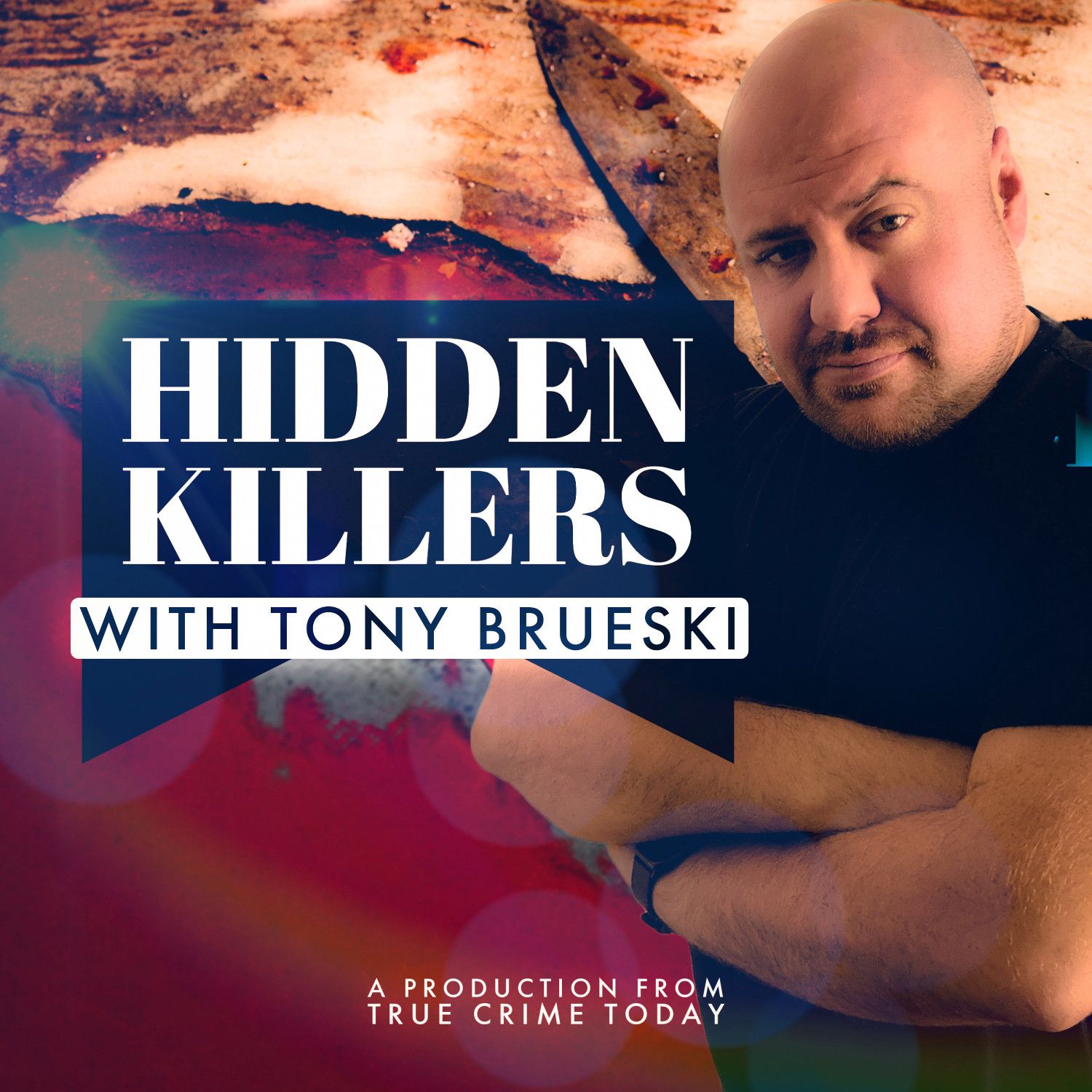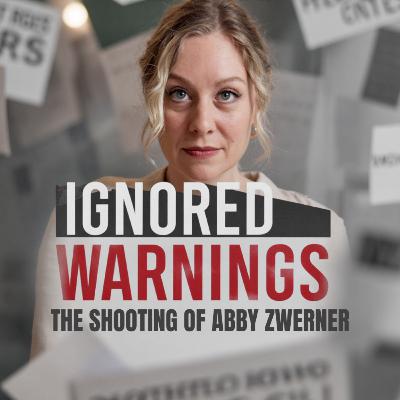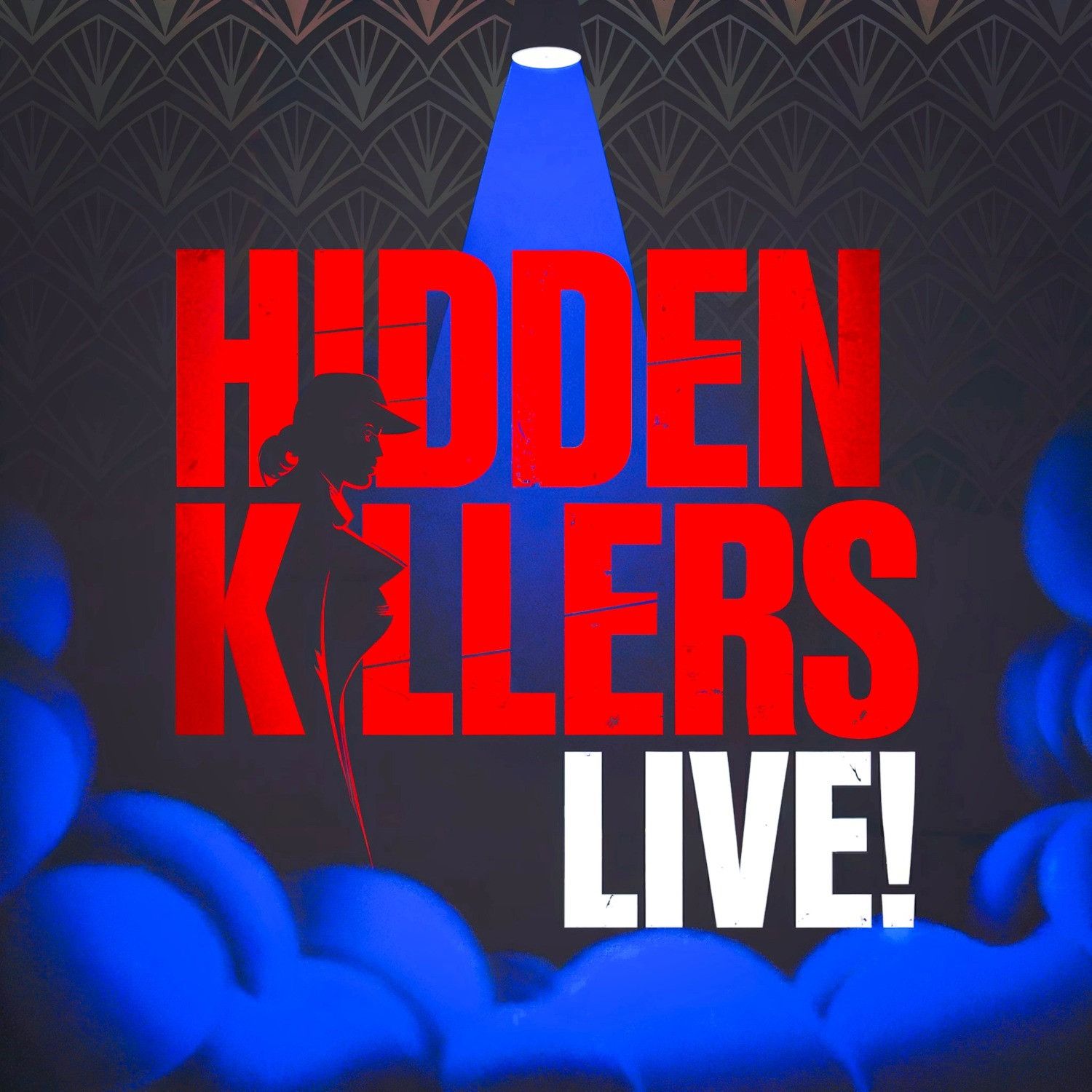Florida Court Overturns $213 Million “Take Care of Maya” Verdict — What Really Happened?
Update: 2025-10-31
Description
A Florida appeals court has overturned the $213.5 million verdict once awarded to Maya Kowalski and her family — the same case that inspired the Netflix documentary Take Care of Maya.
In 2016, Maya Kowalski, then just ten years old, was admitted to Johns Hopkins All Children’s Hospital for complications related to Complex Regional Pain Syndrome (CRPS), a rare and debilitating pain condition. Her mother, Beata Kowalski, a registered nurse, had been pursuing aggressive ketamine treatments to relieve her daughter’s suffering. But when hospital staff grew suspicious of the treatment plan and Beata’s behavior, they reported suspected child abuse to Florida’s Department of Children and Families. Under state law, they had no choice.
That single report changed everything. Maya was placed under state custody, separated from her mother for months. Beata, cut off from her daughter and accused of being an abuser, took her own life. Years later, a jury sided with the Kowalski family, holding the hospital liable for false imprisonment, emotional distress, and wrongful death, awarding them over $250 million — later reduced to $213.5 million.
Now, the Second District Court of Appeal has reversed that decision, citing Florida’s mandatory reporter immunity laws under Chapter 39. The court ruled that Johns Hopkins All Children’s Hospital acted as an agent of the state after reporting the suspected abuse and was therefore protected from liability for many of the claims. The ruling effectively vacates the entire verdict and limits any future retrial to a narrow scope: battery, medical negligence, and emotional distress claims related to Maya alone.
Supporters of the decision say it reinforces the importance of protecting mandatory reporters from retaliation. Critics argue it shields institutions from accountability and erases justice for a grieving family.
In this episode of Hidden Killers with Tony Brueski, we explore the facts, the law, and the human cost of this reversal. Did the system protect Maya — or fail her?
#TakeCareOfMaya #MayaKowalski #JohnsHopkinsAllChildrensHospital #HiddenKillers #TrueCrimePodcast #CourtTV #FloridaLaw #MedicalNegligence #ChildAbuseReporting #JusticeSystem
Want to comment and watch this podcast as a video?
Check out our YouTube Channel. https://www.youtube.com/@hiddenkillerspod
Instagram https://www.instagram.com/hiddenkillerspod/
Facebook https://www.facebook.com/hiddenkillerspod/
Tik-Tok https://www.tiktok.com/@hiddenkillerspod
X Twitter https://x.com/tonybpod
Listen Ad-Free On Apple Podcasts Here: https://podcasts.apple.com/us/podcast/true-crime-today-premium-plus-ad-free-advance-episode/id1705422872
In 2016, Maya Kowalski, then just ten years old, was admitted to Johns Hopkins All Children’s Hospital for complications related to Complex Regional Pain Syndrome (CRPS), a rare and debilitating pain condition. Her mother, Beata Kowalski, a registered nurse, had been pursuing aggressive ketamine treatments to relieve her daughter’s suffering. But when hospital staff grew suspicious of the treatment plan and Beata’s behavior, they reported suspected child abuse to Florida’s Department of Children and Families. Under state law, they had no choice.
That single report changed everything. Maya was placed under state custody, separated from her mother for months. Beata, cut off from her daughter and accused of being an abuser, took her own life. Years later, a jury sided with the Kowalski family, holding the hospital liable for false imprisonment, emotional distress, and wrongful death, awarding them over $250 million — later reduced to $213.5 million.
Now, the Second District Court of Appeal has reversed that decision, citing Florida’s mandatory reporter immunity laws under Chapter 39. The court ruled that Johns Hopkins All Children’s Hospital acted as an agent of the state after reporting the suspected abuse and was therefore protected from liability for many of the claims. The ruling effectively vacates the entire verdict and limits any future retrial to a narrow scope: battery, medical negligence, and emotional distress claims related to Maya alone.
Supporters of the decision say it reinforces the importance of protecting mandatory reporters from retaliation. Critics argue it shields institutions from accountability and erases justice for a grieving family.
In this episode of Hidden Killers with Tony Brueski, we explore the facts, the law, and the human cost of this reversal. Did the system protect Maya — or fail her?
#TakeCareOfMaya #MayaKowalski #JohnsHopkinsAllChildrensHospital #HiddenKillers #TrueCrimePodcast #CourtTV #FloridaLaw #MedicalNegligence #ChildAbuseReporting #JusticeSystem
Want to comment and watch this podcast as a video?
Check out our YouTube Channel. https://www.youtube.com/@hiddenkillerspod
Instagram https://www.instagram.com/hiddenkillerspod/
Facebook https://www.facebook.com/hiddenkillerspod/
Tik-Tok https://www.tiktok.com/@hiddenkillerspod
X Twitter https://x.com/tonybpod
Listen Ad-Free On Apple Podcasts Here: https://podcasts.apple.com/us/podcast/true-crime-today-premium-plus-ad-free-advance-episode/id1705422872
Comments
In Channel









